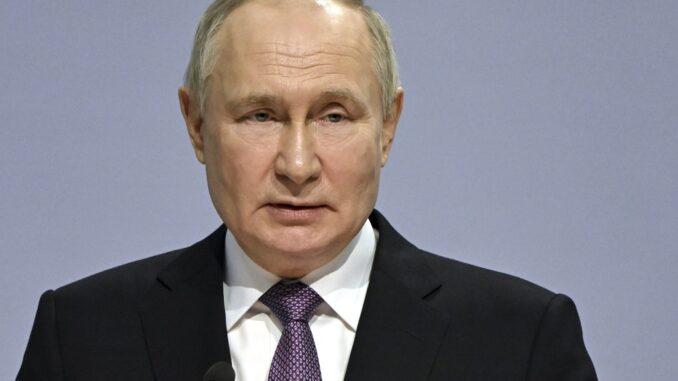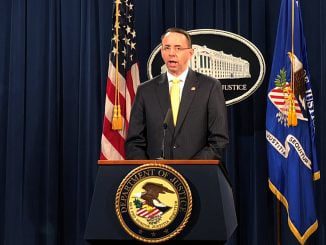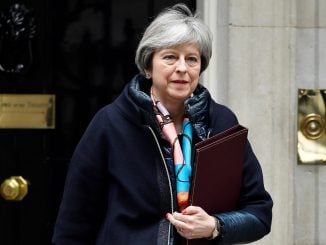
MOSCOW — President Vladimir Putin on Friday described Moscow’s military action in Ukraine as a battle for Russia’s survival as he campaigned for reelection next month in balloting that he’s all but certain to win.
Speaking at a meeting with arms industries workers in the city of Tula south of Moscow, Putin declared that the vast majority of Russians support his course.
“If the public hadn’t felt that way, nothing would have happened,” he said. “We are doing what people expect us to do.”
He again argued that sending troops into Ukraine was necessary to protect Russian speakers in eastern Ukraine and stop what he described as attempts by Washington and its NATO allies to encroach on Moscow’s vital security interests. Ukraine and its Western allies have denounced it as an unprovoked act of aggression.
“If we hadn’t protected our people … we would have turned into a weak country lacking self-sufficiency that no one cares for,” he said. “They would have patronizingly patted us on the shoulder and given us rotten potatoes as humanitarian assistance while thinking how to chip away pieces from us.”
Putin said that despite Western expectations Russia would collapse quickly under the brunt of sanctions, its economy has grown and military industries have sharply increased output.
Putin, 71, is running as an independent in the March 15-17 vote, relying on a rigid control over Russia’s political landscape that he has established during 24 years in power.
His reelection appears all but assured with prominent opponents who could challenge him either jailed or living abroad and most independent media banned. He faces only token opponents from Kremlin-friendly parties.
Under a constitutional reform that he masterminded, Putin is eligible to for two more six-year terms, potentially allowing him to remain in power until 2036. He is already the longest-serving Kremlin leader since Soviet dictator Josef Stalin, who died in 1953.




